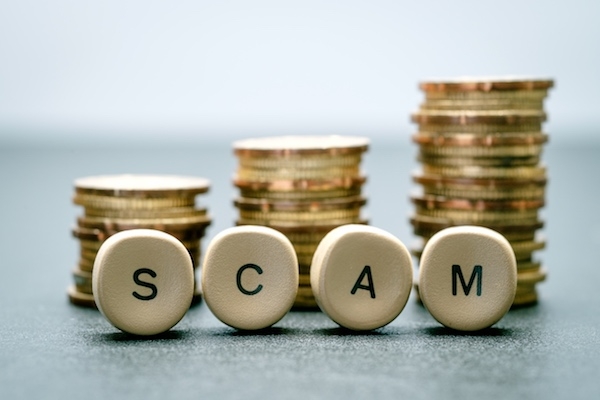A tool to help people report suspicious emails, launched by the City of London Police and National Cyber Security Centre (NCSC) in April, has received over 1.7m reports of phishing since its launch.
Fake emails from TV Licensing, HMRC and GOV.UK were the most common.
The NCSC and the City of London Police fast-tracked their plans to launch the new Suspicious Email Reporting Service (SERS), which allows the public to report suspicious emails to an automated system that scans emails malicious links.
The NCSC’s automated programme tests the validity of any websites in reported emails and any websites found to be malicious are removed.
So far, the new tool has resulted in 6,501 scams being identified and 15,805 malicious websites being removed.
A multi-law enforcement agency campaigns group led by the City of London Police, is warning people to look out for phishing messages during an awareness campaign culminating at the end of this week.
HMRC has also updated its guidance on phishing and scams. It has provided guidance on genuine HMRC contact and recognising phishing emails and texts, including a list of what contact individuals and businesses can expect.
Sarah Lyons, deputy director for economy and society engagement at the NCSC, said: “Many cyber criminals are opportunists who impersonate trusted brands and individuals to try and trick the public.
“Whilst we should all try to be alert to phishing scams, unfortunately these messages are becoming very hard to spot – and nobody should feel bad if they can’t identify them all.
“We encourage everyone to continue reporting anything that doesn’t look right to the Suspicious Email Reporting Service. By doing this, you’re potentially helping stop someone else from falling victim to a cyber criminal.”
Mike Fell, head of cyber operations at HMRC, said: “Criminals are taking advantage of the package of measures announced by the Government to support people and businesses affected by coronavirus.
“Scammers text, email or phone taxpayers offering spurious financial support or tax refunds. If someone texts, emails or calls claiming to be from HMRC, saying that you can claim financial help or are owed a tax refund, and asks for credit card or bank details, it might be a scam. Check GOV.UK for information on how to recognise genuine HMRC contact.”

